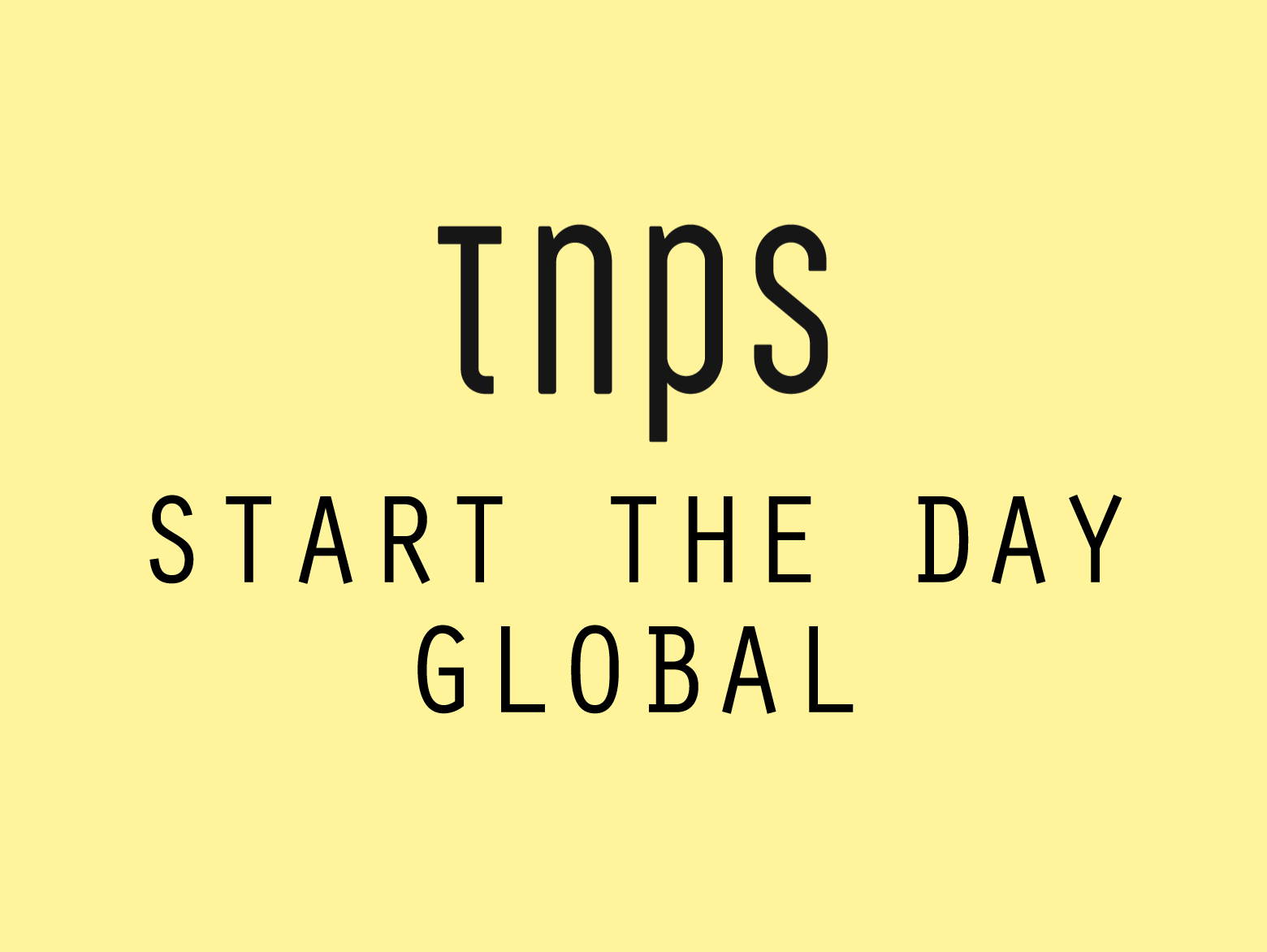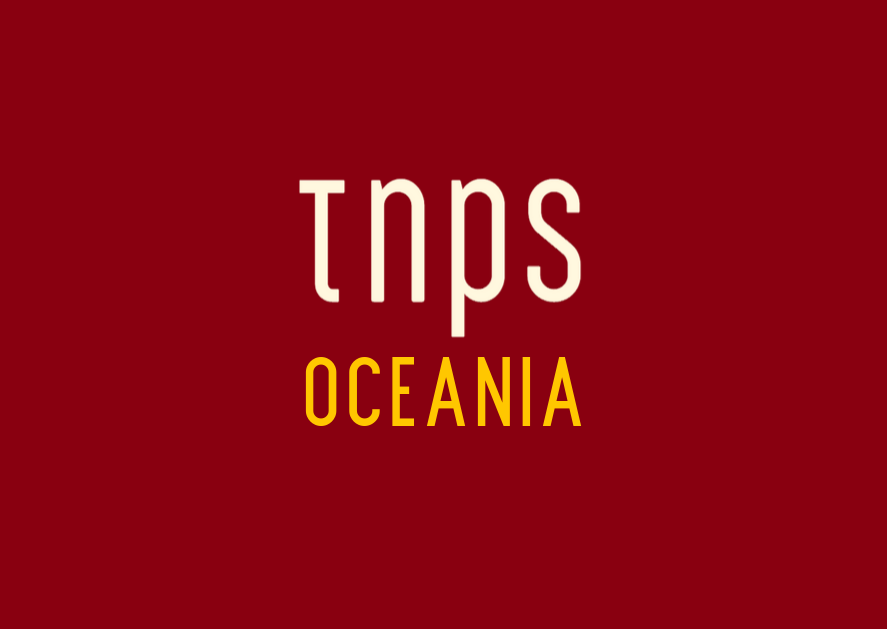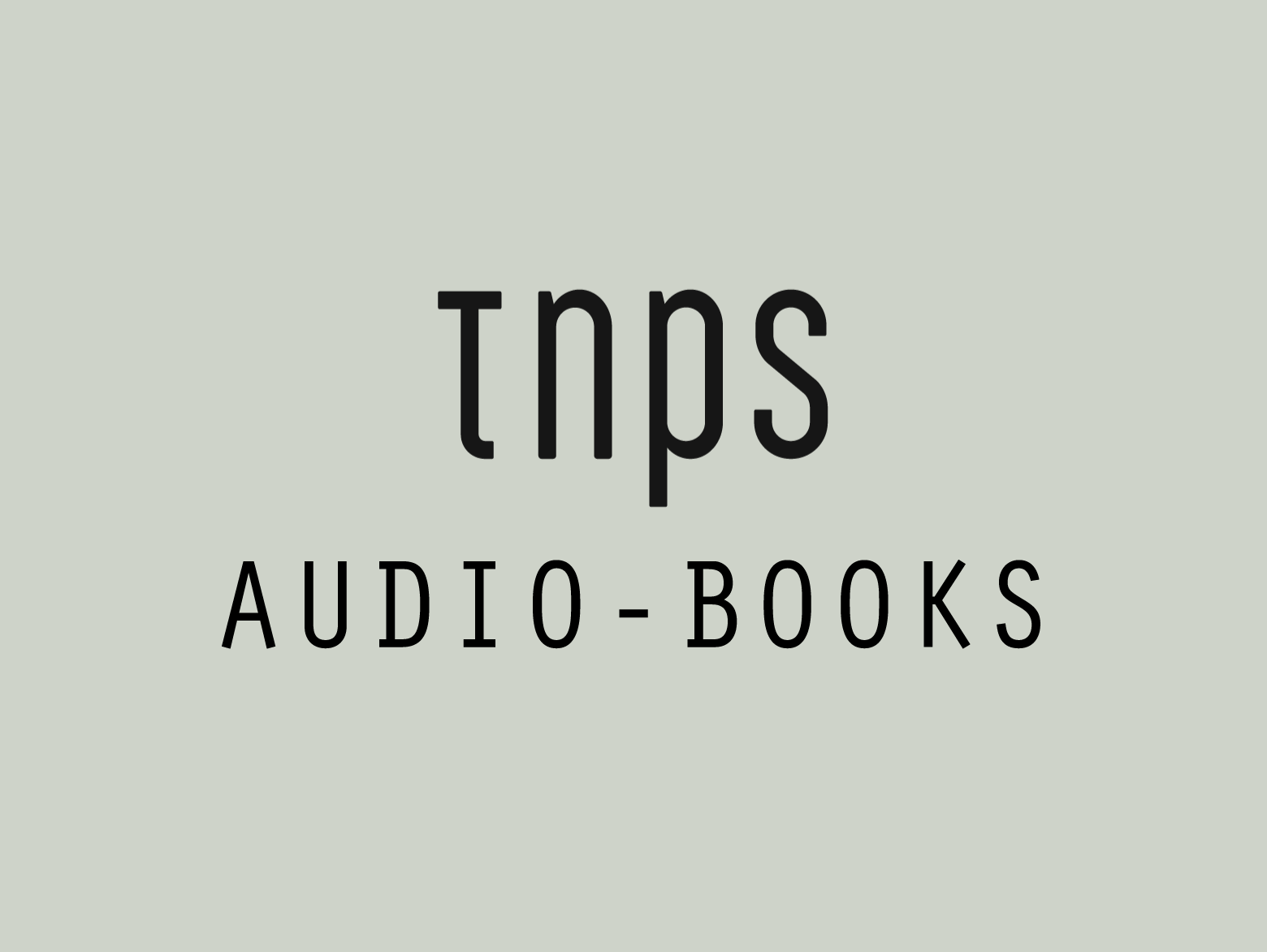Welcome to the slippery-slope world of synthetic phonics, brought to you by publishers.
The UK election is looming, and publishers are keen to make the case for the next government to spend more money on books, although this is carefully dressed up in broad sentiments of increased resources and pay for teachers.
Over at The Bookseller, Tom Tivnan presents the publishers’ case well. But does the publishers’ case stand up to scrutiny?
The Publishers Association‘s Education Publishers Council chair makes valid points about underfunding in the education sector, but saying “Schools simply need more money” is just lazy thinking.
Then Lee Newman strays from the safe lane into the gray area of education: quality teaching.
“We know that quality-first teaching is the most effective intervention to boost learning, and brilliant teaching and learning resources will support them in delivering that quality-first teaching.”
The Bookseller quotes Crown House Publishing‘s MD David Bowman as saying: “We need to invest in professional development and reduce workload,” along with increasing salaries and “reforming the punitive accountability system.”
Publishers Association numbers for 2023, reports Tivnan, show UK invoiced sales of £192 million, compared to £220 million back in 2016.
Tivnan, to his credit, gives some serious space to the thoughts of David Bowman on how the education system needs reforming, and within those ideas there is certainly plenty of scope for publishers to rake off a handsome profit.
Central to the future of the UK, and of every country n the planet, is what we should teach in schools. Bowman notes that the current government favours a “knowledge-based curriculum and more rigorous exams”, which of course is the last thing modernising countries need in the age of the internet, smartphones and AI.
Per Bowman:
“The current system is designed to cram knowledge into children so that they can regurgitate it in exams (as opposed to a focus on) skills and producing well-rounded and confident learners.”
Those who follow my education musings, and those familiar with my school here in The Gambia, will know I share Bowman’s view that this is a “false dichotomy and we need both knowledge and skills.”
Bowman references the World Economic Forum’s statement that school needs to deliver “analytical thinking and innovation, active learning and learning strategies, complex problem-solving, critical thinking and analysis, creativity, originality and initiative, leadership and social influence, technology use, monitoring and control, technology design and programming, resilience, stress tolerance and flexibility, reasoning, problem-solving and ideation.“
So much there for publishers to engage with, but instead we see publishers pandering to the whims of governments, as witness the obsession with synthetic phonics, epitomised by the Jolly Phonics programme, which has seen English standards plummet in the UK. A landmark 2022 UCL report made clear synthetic phonics is “failing children” and taking the joy out of reading. This report was further bolstered by a May 2024 report which sought not just to identify the literacy problems in schools today, but to offer solutions.
Solutions that publishers thinking about the long-term rather than the short-term would do well to get on board with.
High quality children’s books are a big part of the solution, but publishers have to assess quality by looking at the science behind how children read, not how much money they can make by publishing books that look pretty but undermine children’s reading.
So many children’s books are published nowadays that are simply colourful pictures and easy words, often pandering to synthetic phonics programme needs.
And of course the biggest offender here is Jolly Learning, with its books that teach children to read by using false fonts, nonsense words and so-called “tricky words”, which are only tricky because they inconveniently don’t follow the artificial phonic rules essential to Jolly Phonics.
For example, the word book is written “book” but the word boot is written “b00t.”
So easy for the children to distinguish between the two words, so of course lots of kids pass the phonics diagnostics tests. But leaving aside this nonsense gimmick does not work with words like door, or blood, or brooch, or cooperative, the reality is the child will NEVER encounter the word “boot” written “b00t” in the real world. So the child has simply memorised the word in the traditional Look-Say fashion, but it would have taken longer because the child first has to learn that –00– font to pass the phonics test, and then learn to ignore it because it is meaningless when actually reading.
Welcome to the slippery-slope world of synthetic phonics, brought to you by publishers.





